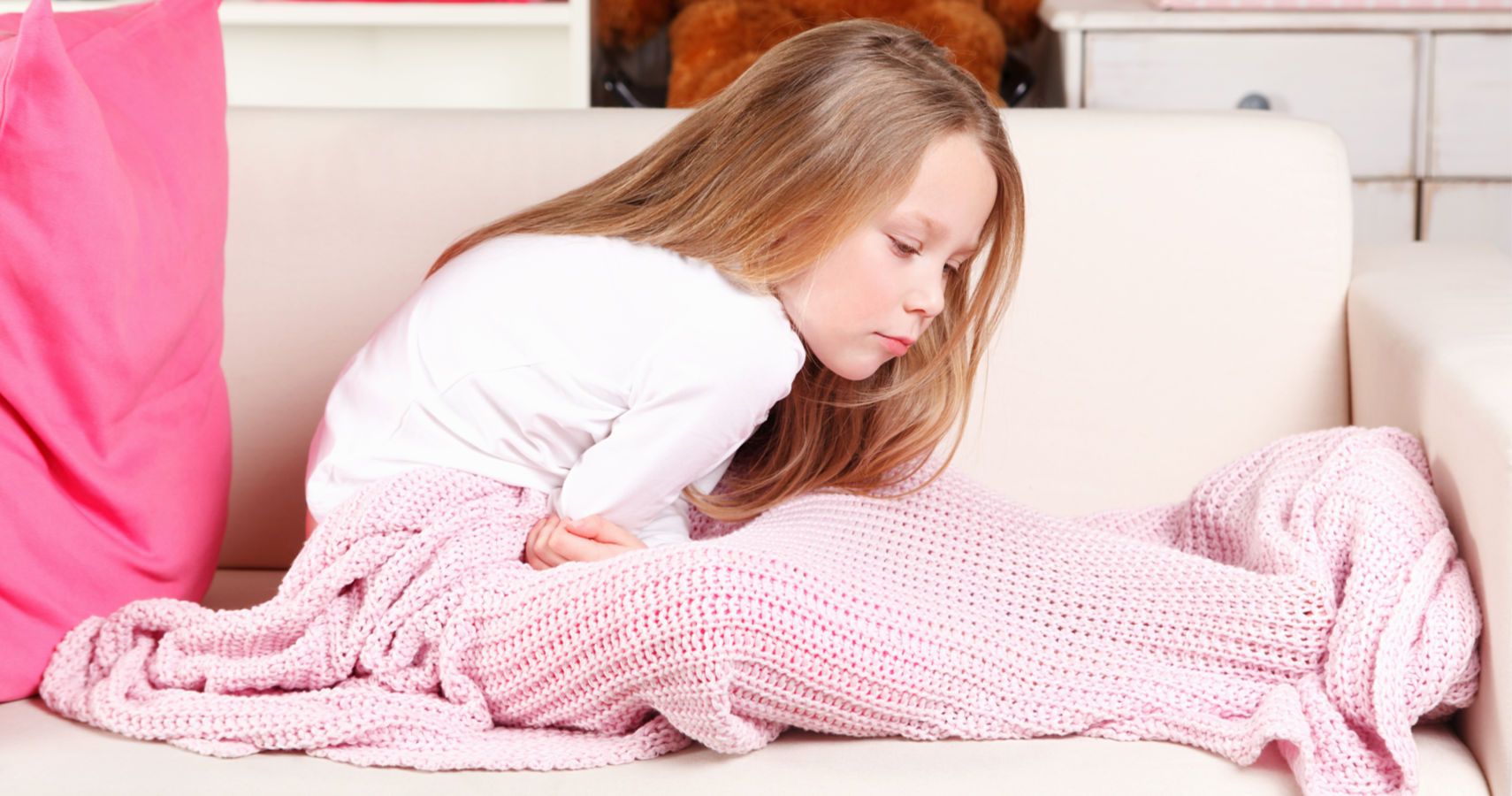If you've ever wondered what anxiety can look like in a child, you might be surprised to find that it can be quite different than what an adult might experience, especially since they are sometimes unable to identify what they might be feeling like an adult can. While it's extremely common for children to be shy or fearful of new experiences, there are specific things to watch out for and overall changes in your child that might be a key indicator that they're experiencing anxiety.
According to the Anxiety and Depression Association of America, anxiety in children is on the rise. In fact, they have reported that one out of every eight children suffers from anxiety in the United States alone. The difficult component of thing though is identifying the anxiety. In many cases, anxiety is actually defined as behavioral problems by both parents and teachers in schools, when actually there is anxiety behind the issue.
PREVIOUSLY: How To Tell If A Kid's Eating Habits Are Related To Stress And Anxiety
If you think that your child might be suffering from some anxiety symptoms, know that it won't just show up in their behavior. There are other things to look for that can indicate anxiety. Whenever your child complains of physical illness quite frequently such as headaches, stomach aches and muscle aches (i.e. lots of visits to the school nurse), that can be one indicator.
Anger and mood swings in children is another symptom as they aren't really sure how to manage those emotions yet. This can be as simple as them being irritable or having a huge meltdown. This also goes hand in hand with a feeling of sadness in children, which looks like tears without explanation or them being extra clingy to the people they are closest to.
Other indicators include them not wanting to go to school, if they would rather be alone than play with their friends, unable to concentrate, exhaustion or inability to fall asleep at night.
There are so many different situations that can cause anxiety within a child, but obviously, a stressful home or school environment are major concerns. Anxiety in children is treatable, especially if you catch it early on and work out a plan with your pediatrician that works best for you and your family.
READ NEXT: ASMR Videos May Be The Solution To Mom Stress And Anxiety

